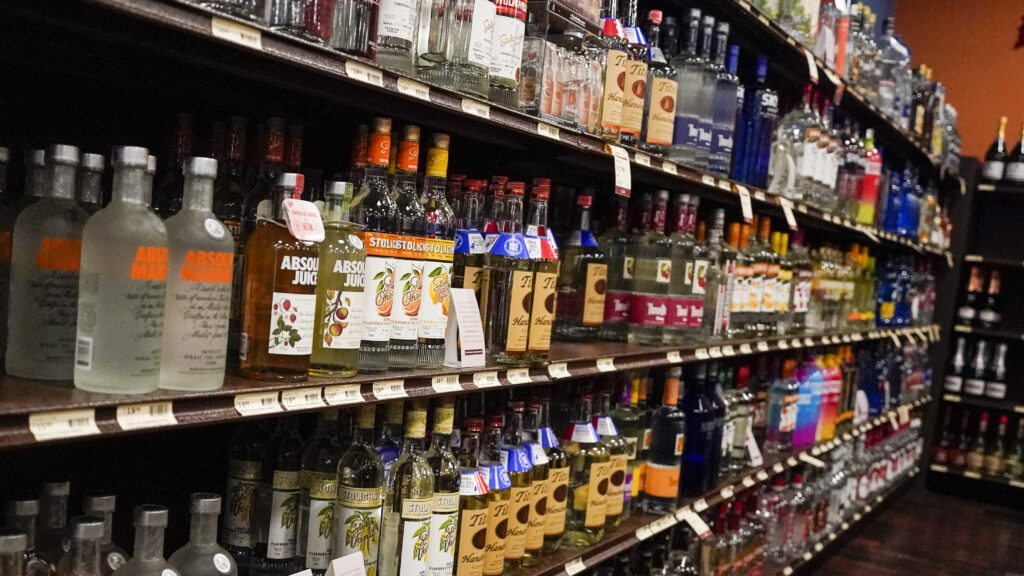Eleven years ago, two days before Christmas, my 24-year-old brother, who was a university graduate and former law student, died from a self-inflicted gunshot wound. After a decade of hard and continuous drinking interspersed with addiction and mental health treatment, he could not sustain his recovery. His suicide came on the heels of my mother’s death a year before, and just weeks later, my grandfather died in a car accident. My family’s holidays would never be the same.
Like so many others who survived the loss of someone dear from the chaos of severe substance use disorder (SUD), I am too familiar with unspeakable grief. But I have found meaning through it and purpose in passing that on.
I was a medical resident when I dropped my brother off at an addiction treatment facility for the first time. Later, I became an addiction specialist physician, focusing on treating people with SUD and helping them manage their disease and find remission and recovery. My work has taught me something important: To help stop the addiction crisis that has brought so much sorrow to families like mine, policymakers must prioritize prevention at all levels and support evidence-based prevention initiatives — including raising federal excise taxes on alcohol.



Alcohol isn’t self medication though…it’s a coping mechanism and furthers depression. But yes, this section. Also caught my eye while skimming
I get what you’re saying and don’t disagree with your distinction. But it bears pointing out that it feels like splitting hairs to say self-medication and coping mechanisms aren’t the same when you’re the individual in pain.
Yeah cope might be the incorrect term here.
In this case it isn’t because no doctor would ever suggest drowning your pain in the booze.
Self-medication as a term does not rely on what a healthcare professional would or would not prescribe you. It’s simply a behavior where a human self-administers any substance to treat a condition. Sometimes those substances would be recommended in certain cultures and not in others. Sometimes substances are recommended with limitations (e.g. a glass of red wine a day). But the point is that self-medicating not only doesn’t require a doctor’s note, it is often viewed as a response of asserting independence from established medicine.
I don’t know. Doctors prescribe Xanax all the time. Xanax and alcohol are both depressants. So Doctors do suggest drowning your pain in depressant drugs.
Doctors also prescribe antidepressants, a side effect of which is suicide and suicidal ideation. It’s not like doctors only prescribe fruits, veg, and exercise.
Yeah but the Bible does so using alcohol as an emotional pain management medicine predates the origin of modern doctors Hippocratic oath by a few thousand years.
“Self-medication” is a synonym for maladjusted coping mechanisms. It’s a euphemism. They used the term correctly.